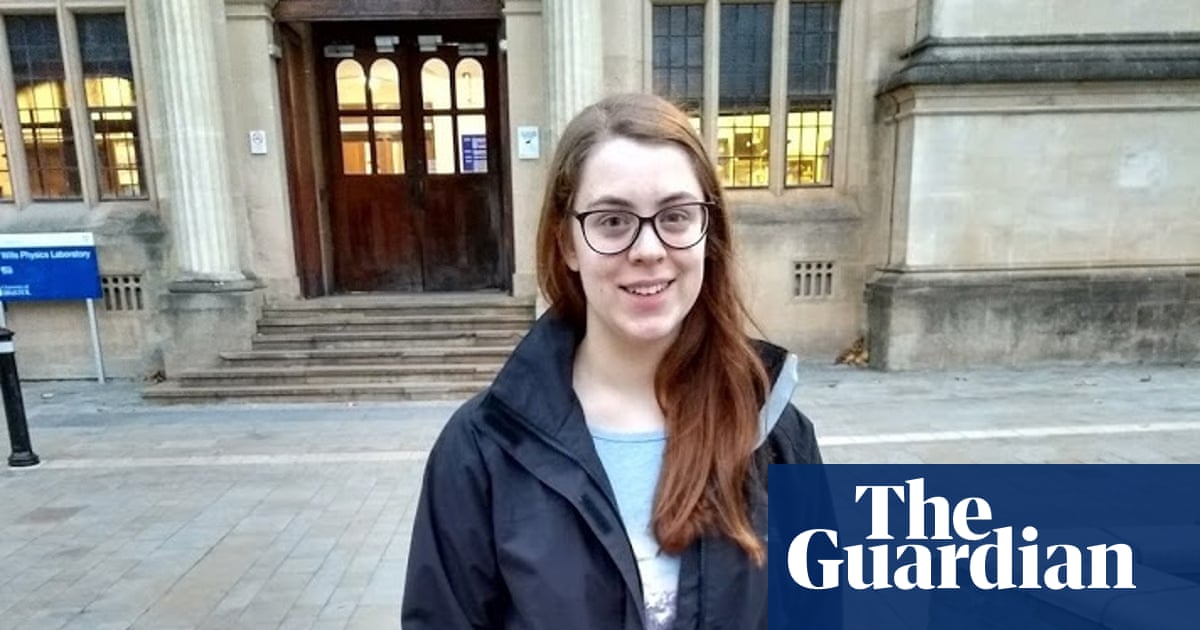
The case of the suicide bombing near the Prophet’s Mosque in Madinah in Saudi Arabia in 2016 resurfaced to public discussion after the trial of the perpetrator’s partner kicked off.
The partner was identified as a university student who was studying biochemistry. The two suspects established a Takfiri terror cell aimed at creating chaos, targeting instability and attacking security forces.
In July 2016, the Saudi Interior Ministry identified Naer Musallem al-Nujaidi, 26, as the suicide bomber, describing him as an “isolated figure and a heavy smoker, who did not uphold daily prayers.” Not long after however a sudden change was noticed in his behavior.
The accused covered up for Nujaidi. He was aware that the suicide bomber wanted to obtain chemicals and asked him to bring them from the university laboratory where the defendant was studying.
The accused continued to communicate with the suicide bomber through social media and WhatsApp.
Security measures taken at the Prophet’s Mosque helped save the lives of many visitors on the day of the bombing in July 2016. The attack took place in the final days of the holy month of Ramadan.
Security forces at the scene intercepted the suicide bomber, but he managed to detonate his explosives belt, killing four officers.
The defendant revealed the systematic targeting of mosques is anchored in radical ideology—terror rings have tried since 2014 to target six mosques in a number of areas in Saudi Arabia, in addition to military sites.
In August 2015, an ISIS-style cell killed 15 people and wounded 30 others in an attack inside a special forces headquarters at a mosque in the Asir region.












